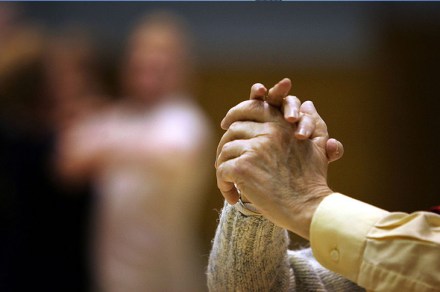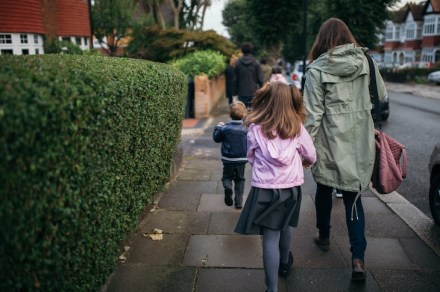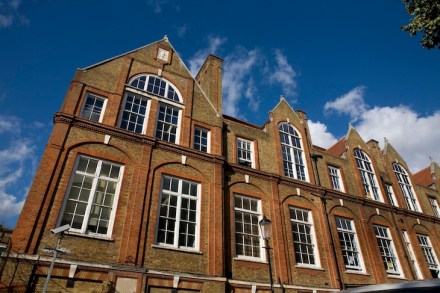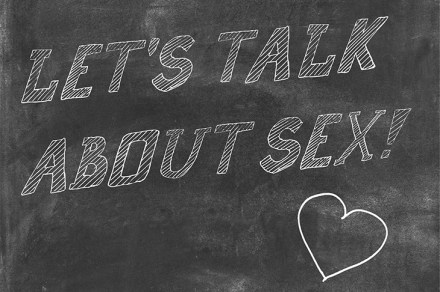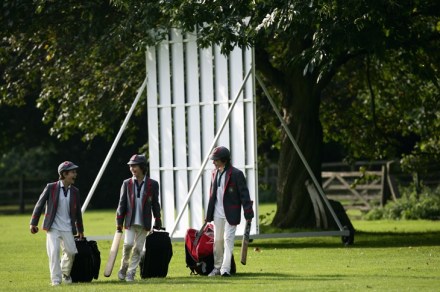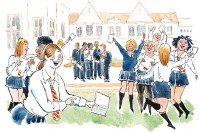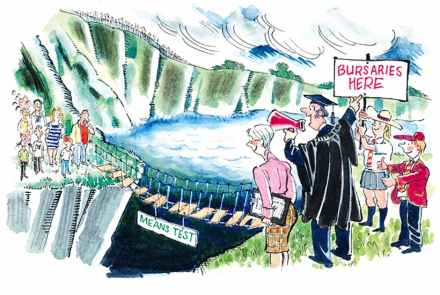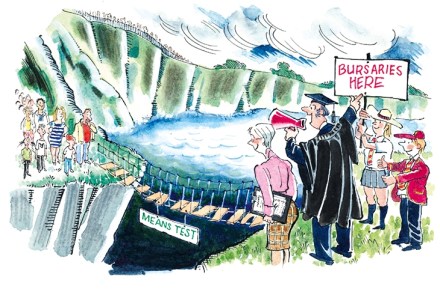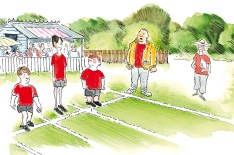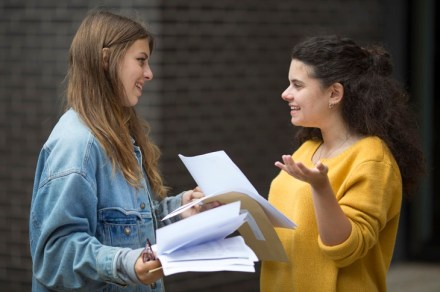Diary – 31 May 2018
By 74 it is easy to feel that you have seen it all, done it all, that nothing much surprises you any more. Striving gives way to coping. Drop a pencil and it rolls under the sofa. What you have to do is think about the best way to find it and pick it up. Problem. Do you get down on your knees and reach in under, which of course means you will have to get up again, or do you simply push the sofa away? Such problems don’t really bother you. You cope with it. You don’t reflect on growing decrepitude. It has been so slow coming, you have
